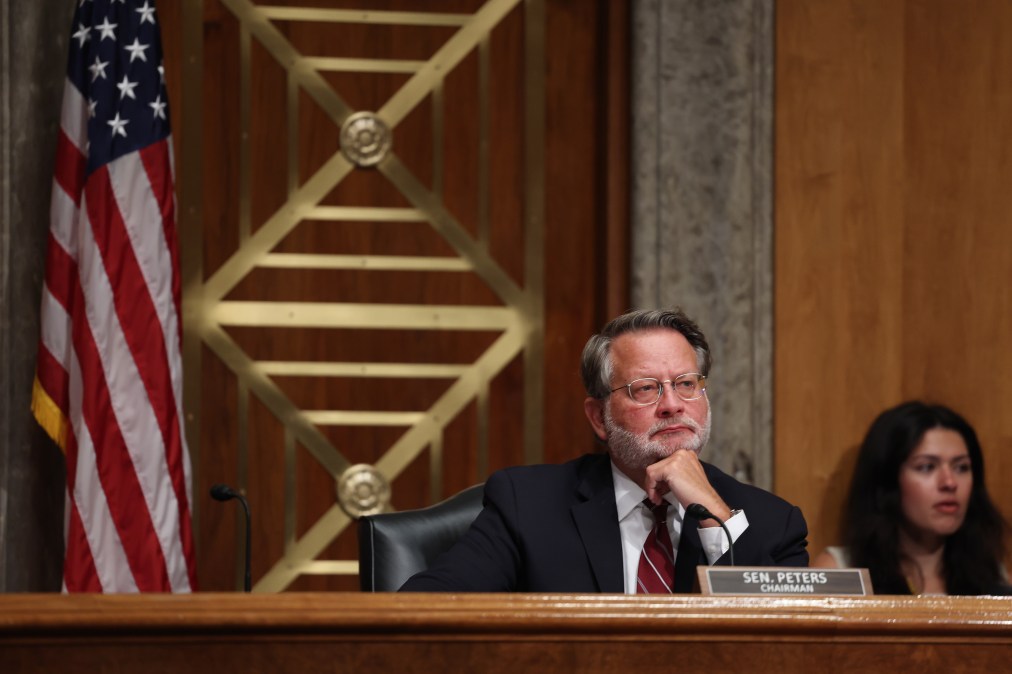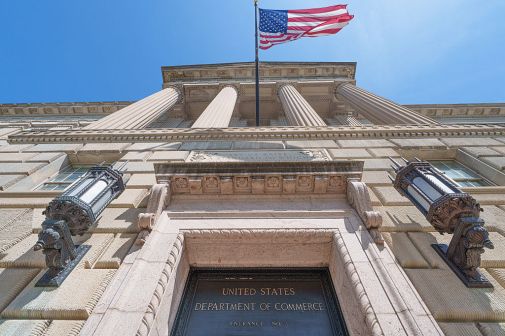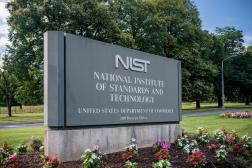Bipartisan Senate proposal calls for AI workforce framework from NIST

A new bipartisan Senate bill seeks to improve the U.S. pipeline for jobs in artificial intelligence and other emerging technologies through the development of a workforce framework from the National Institute of Standards and Technology.
The “AI and Critical Technology Workforce Framework Act,” introduced by Sens. Gary Peters, D-Mich., and Eric Schmitt, R-Mo., would direct NIST to create a workforce framework for AI and assess whether other critical or emerging technology areas might also benefit from frameworks, according to bill text and a release provided to FedScoop.
“As artificial intelligence continues to play a bigger role in our society, it’s critical the future of this groundbreaking technology is formed in the United States. The way to ensure that happens is by building a workforce engaged in these new technologies,” Peters, chairman of the Senate Homeland Security and Governmental Affairs Committee, said in a written statement.
The bill is intended to build upon NIST’s existing National Initiative for Cybersecurity Education (NICE) framework — which outlines cybersecurity roles in an effort to help employers build their cyber workforces — as AI is poised to reshuffle the workforce.
Over the next five years, demand for AI and machine learning specialists is expected to increase by 40%, according to a 2023 World Economic Forum report on workforce trends across the world.
“This bill will ensure that America continues to have a strong and increasingly skilled workforce, will utilize AI to bolster American industry, and will incentivize companies to keep their jobs in the United States rather than outsourcing them overseas,” Schmitt said in a written statement. “Additionally, this bill’s potential to benefit our defense capabilities is endless.”
Under the bill, NIST would be required to report to Congress about other critical and emerging technology areas it finds could benefit from a workforce framework. It would also direct NIST to update the NICE framework to reflect changes in the cybersecurity field and “encourage” the agency to provide resources and guidance on cybersecurity careers to students and adults, according to the release.






